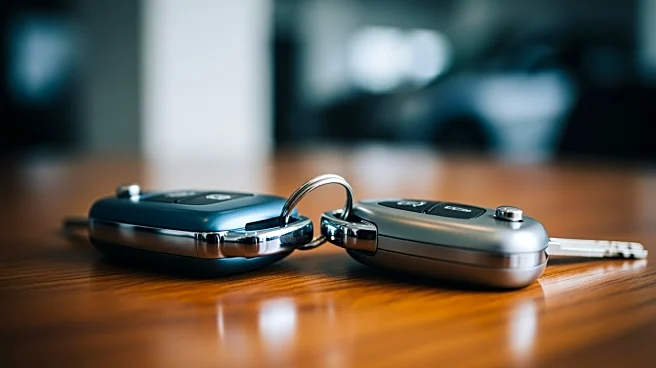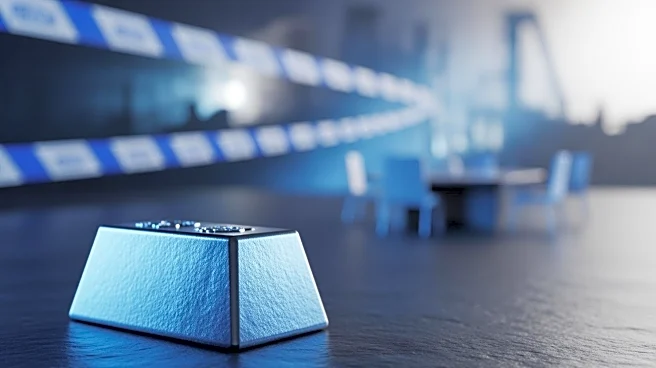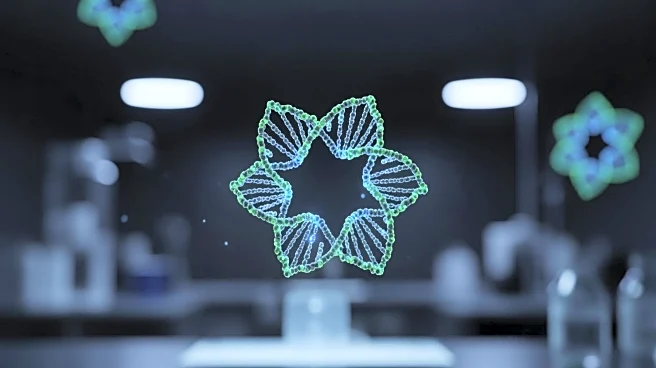What's Happening?
In 2025, certain car models are experiencing high volumes of lemon law complaints, indicating significant quality issues. According to the California lemon law firm Seven Law Group, Ford's Explorer and
F-150 models are frequently cited for transmission failures, engine stalling, and electrical malfunctions. Tesla's Model Y and Model 3 face software glitches and build quality concerns. Hyundai Tucson is reported for safety system malfunctions, while Jeep Wrangler and Grand Cherokee encounter water leaks and suspension failures. Lemon law claims arise when manufacturers fail to rectify persistent defects, signaling fundamental problems that threaten vehicle safety, value, or usability.
Why It's Important?
The increase in lemon law complaints highlights the challenges manufacturers face with modern vehicles incorporating advanced technologies. These issues can affect consumer trust and brand reputation, potentially leading to financial losses for manufacturers due to buybacks and legal costs. The complaints also underscore the need for improved design, testing, and quality control, especially for new technologies. Consumers are advised to research complaint histories and maintain meticulous records to protect themselves from lemon purchases.
What's Next?
Manufacturers are expected to enhance their quality control processes and address software faults before mass production to reduce lemon law claims. Dealers should proactively manage defect reports and escalate issues to manufacturers. As vehicles become more software-defined, over-the-air updates and responsive fault mitigation could help reduce lemon outcomes.
Beyond the Headlines
The rise in lemon law complaints may lead to stricter regulatory scrutiny and pressure on manufacturers to improve safety systems. This could result in long-term shifts in industry standards and consumer expectations regarding vehicle reliability and technology integration.









